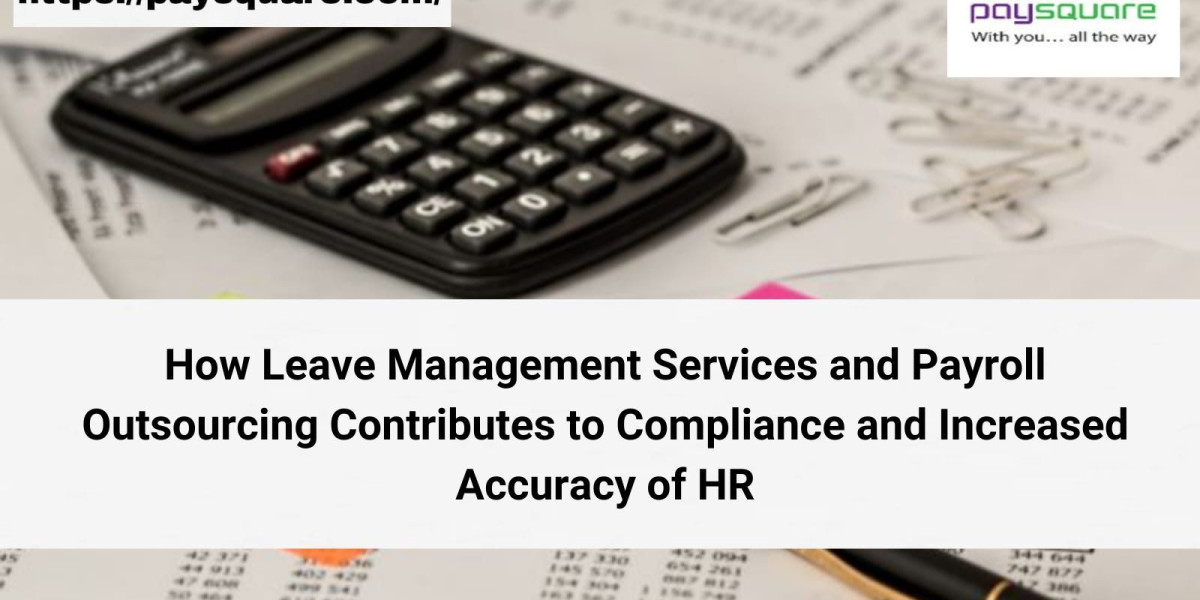Managing payroll can be a complex and time-consuming task, but it's crucial to get it right, whether you are an individual employee or a small business owner. The question is, should you use a free paycheck creator or invest in paid payroll software? Both options offer significant benefits, but understanding which one is the best fit for your needs can make a huge difference in saving time, money, and reducing stress.
In this blog, we'll break down the key differences between free paycheck creators and paid payroll software, helping you decide which is right for you. From cost-effectiveness to features, we'll cover everything you need to know about these tools and how they can impact your personal or business finances.
What Is a Free Paycheck Creator?
A free paycheck creator is an online tool that allows you to generate paychecks without any cost. It is designed to calculate things like gross pay, tax withholdings, and deductions. These tools are simple, user-friendly, and typically require minimal input. You enter the necessary information such as the number of hours worked, hourly rate, salary, and relevant deductions, and the paycheck creator does the rest.
For small business owners, these free tools offer a way to quickly generate paychecks for employees without paying for expensive payroll software. Employees can also use these tools to check their pay and better understand their paycheck breakdown.
Key Features of a Free Paycheck Creator:
- Gross pay calculation based on hourly rates or salary.
- Automatic tax calculations for federal, state, and local taxes.
- Deductions for things like health insurance, retirement plans, and other benefits.
- No cost for using the basic functions.
- User-friendly and typically easy to navigate, requiring no special expertise.
What Is Paid Payroll Software?
Paid payroll software, on the other hand, is a more robust solution that offers advanced payroll processing tools and features. These tools are designed for businesses, especially those with multiple employees or complex payroll needs. While free paycheck creators may work well for individuals or small businesses with simple payroll, paid payroll software is ideal for larger operations that require extra features like employee benefits management, tax filing, and payroll compliance.
Paid payroll software can handle everything from direct deposits to tax reporting, and it often integrates with other accounting or HR systems. Some of the most well-known payroll software options include QuickBooks Payroll, Gusto, ADP, and Paychex.
Key Features of Paid Payroll Software:
- Direct deposit for employees.
- Automatic tax filing with state, federal, and local tax authorities.
- Employee benefits management, such as health insurance and retirement plans.
- Payroll compliance with up-to-date tax laws and government regulations.
- Employee self-service portals, where workers can access pay stubs, tax forms, and other payroll-related information.
- Integration with other business systems, such as accounting software or HR platforms.
Free Paycheck Creator vs. Paid Payroll Software: Key Differences
When comparing a free paycheck creator and paid payroll software, there are several factors to consider. Each has its own set of advantages and limitations. Below, we'll break down the key aspects to help you make an informed decision.
1. Cost
Free Paycheck Creator: As the name suggests, a free paycheck creator is completely free to use, at least for the basic features. For small business owners, this is an attractive option because it eliminates the cost of payroll software. However, keep in mind that some free tools may have limitations or offer only basic functionality. Some tools might charge for premium features like advanced tax filings or the ability to create pay stubs in bulk.
Paid Payroll Software: On the other hand, paid payroll software usually involves a subscription fee, either on a per-employee basis or as a flat monthly fee. The costs can vary widely depending on the features offered, but they typically range from $20 to $100+ per month. The benefit here is that paid payroll software often provides a wide array of features designed for businesses that need more than basic payroll calculations.
Which Is Right for You?
- If you’re an individual employee or a small business with simple payroll needs, a free paycheck creator may be the perfect option to save money.
- If you are running a larger business or need features like automatic tax filing and employee benefits management, then paid payroll software is a better investment.
2. Ease of Use
Free Paycheck Creator: Free paycheck creators are generally designed to be simple and easy to use. With minimal setup, you can input basic information such as hourly rates, hours worked, and deductions. Many of these tools offer a straightforward user interface with no need for specialized knowledge.
Paid Payroll Software: Paid payroll software is also user-friendly but offers more advanced features, which means there might be a bit of a learning curve for beginners. Many payroll platforms offer excellent customer support, training, and tutorials to help you get the hang of the system. However, you may need to spend some time learning how to navigate the different tools, especially if you need to set up things like direct deposit, employee benefits, or tax filing.
Which Is Right for You?
- If you're looking for a tool that you can start using quickly with minimal effort, a free paycheck creator is the better option.
- If you need a system that can handle complex payroll processing and you're willing to invest a little more time to learn it, paid payroll software is the way to go.
3. Features and Functionality
Free Paycheck Creator: Free paycheck creators are limited in terms of the features they offer. They can help you calculate gross pay, tax deductions, and other basic payroll elements, but they lack advanced features like direct deposit, tax filing, or employee benefits management. For small businesses with just a few employees, these tools may be sufficient for basic payroll processing.
Paid Payroll Software: Paid payroll software offers a comprehensive suite of features, including:
- Automatic tax calculations and filings (state, federal, and local taxes).
- Direct deposit for employees.
- Employee self-service portals for accessing pay stubs, W-2s, and other tax documents.
- Integration with accounting and HR software.
- Compliance with labor laws, including updates to tax rates and employment regulations.
Which Is Right for You?
- If you have a small business with few employees and only need basic paycheck generation, a free paycheck creator is enough.
- If you are running a larger business or have complex payroll needs, paid payroll software will provide the advanced features and integrations you need to streamline payroll management.
4. Time Savings
Free Paycheck Creator: Free paycheck creators save time compared to manually calculating paychecks. However, they often lack features like bulk payroll generation or direct deposit, which could still take some time, especially if you have a growing team. Additionally, some tools might require you to input information for every paycheck, which can be time-consuming for businesses with employees who work varying hours.
Paid Payroll Software: Paid payroll software is designed to save you a lot of time. Features like bulk paycheck generation, direct deposit, and automatic tax filings help streamline the process, allowing you to process payroll in just a few clicks. Payroll software also helps you avoid manual errors, which could save you time in fixing mistakes later on.
Which Is Right for You?
- If you are running a small business or have a straightforward payroll process, a free paycheck creator will save you time with basic payroll generation.
- If you have many employees or need to do payroll processing frequently, paid payroll software is more efficient and saves time in the long run.
5. Compliance and Accuracy
Free Paycheck Creator: Free paycheck creators usually handle the basics of tax withholding and deductions. However, they may not offer the most up-to-date information regarding tax laws and local regulations. If you need to stay fully compliant with payroll laws, you may have to check for updates manually or use additional resources.
Paid Payroll Software: Paid payroll software is designed to ensure you stay compliant with state and federal regulations. It automatically updates with the latest tax rates, and many systems can file taxes on your behalf. This helps you avoid penalties and ensures that you are fully compliant with all payroll laws.
Which Is Right for You?
- If your business or payroll process is relatively simple and you're willing to check updates manually, a free paycheck creator might suffice.
- If you need automatic updates, tax filings, and complete compliance management, paid payroll software is the safer option.
Conclusion: Which Option Is Right for You?
The choice between a free paycheck creator and paid payroll software depends on your specific needs, whether you're an individual employee or a small business owner. Here's a quick summary to help guide your decision:
Use a free paycheck creator if you:
- Are a small business with only a few employees.
- Have simple payroll needs and are looking to save money.
- Don’t need features like direct deposit or employee benefits management.
- Want a tool that’s easy to use without a learning curve.
Use paid payroll software if you:
- Have a larger team or complex payroll needs.
- Want to automate payroll tasks like tax filings, direct deposits, and compliance?
- Need features like employee self-service portals, payroll integrations, and employee benefits management.
Ultimately, both options offer valuable benefits. Whether you choose a free paycheck creator or invest in paid payroll software, the most important thing is to choose the tool that fits your business needs and helps you manage payroll efficiently.








